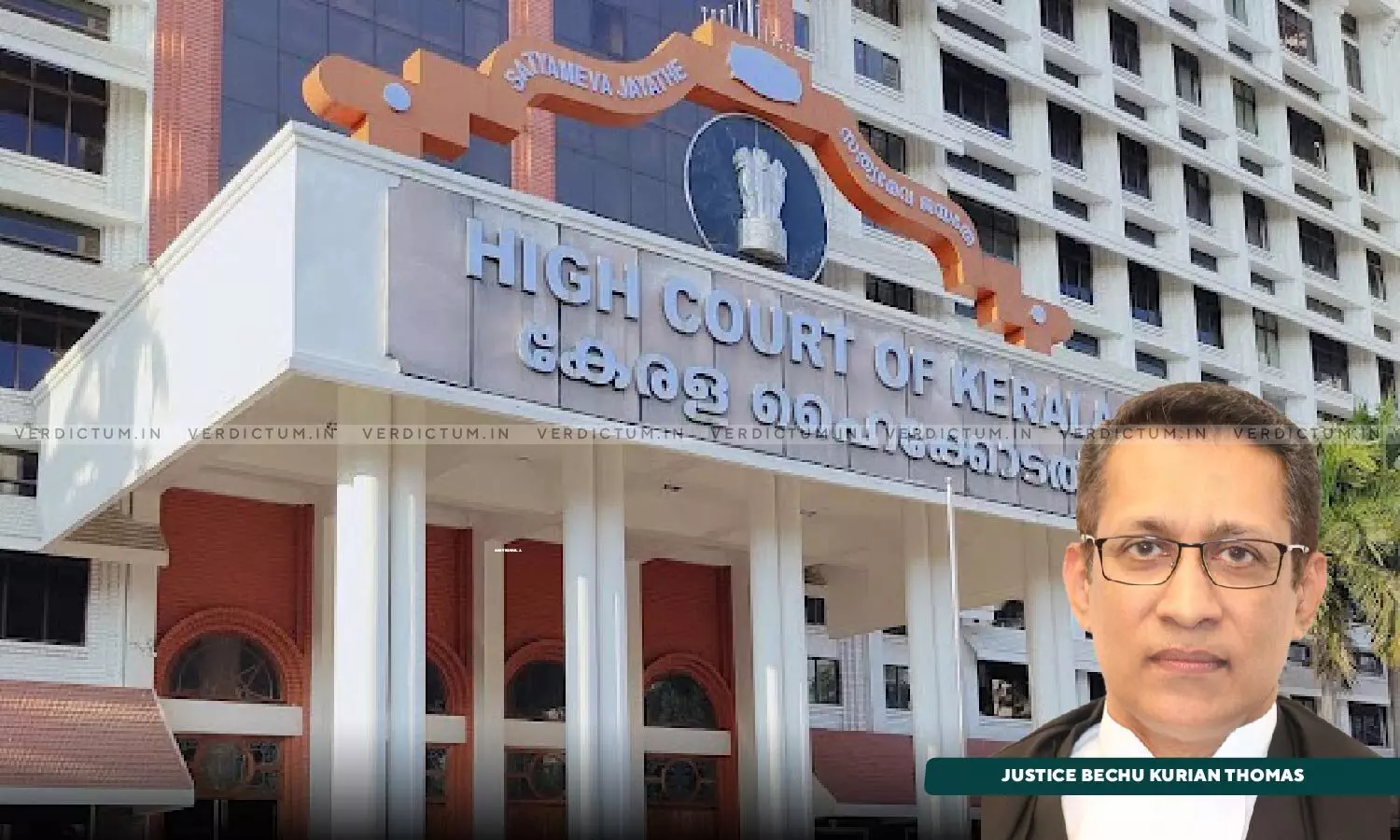
Law Does Not Prohibit The Same Surety Being Furnished For Bail In Different Criminal Cases: Kerala HC
 |
|The Kerala High Court observed that the law does not prohibit the same surety being furnished for bail in different criminal cases.
The Court disposed of a Petition challenging the bail orders that stipulate obtaining separate sureties for each case.
The Court noted that if the surety can inspire confidence in the court regarding their ability to ensure the accused's presence during trial, there is no reason the court can't accept the same surety for all the different crimes.
The Bench of Justice Bechu Kurian Thomas observed, “law does not prohibit the same surety being furnished in different cases. If the surety furnished can inspire confidence of the court on his ability to ensure the presence of the accused during trial, there is nothing that restrains the court from accepting the same surety in all the different crimes”.
Advocate C.S. Manu appeared for the Petitioner and Public Prosecutor M.C. Ashi appeared for the State.
The Petitioner, accused in multiple cases across various police stations, faced charges under sections 406 and 420 of the Indian Penal Code, 1860 and Section 21 of the Banning of Unregulated Deposit Act, 2019, with a total of 1726 registered crimes. Despite being eligible for bail, either through Court directions or statutory provisions, the Petitioner remained in custody due to the challenge of providing satisfactory sureties for different courts. The Petitioner argued the impracticality of obtaining separate sureties for each case, especially considering the large number of cases involved. Additionally, certain Courts demanded separate sureties beyond a specific case threshold and required court fees for all applications filed by the Petitioner.
“The principle that conditions imposed while granting bail cannot be too onerous or incapable of performance rendering the bail granted illusory and even redundant, is elementary and needs no restatement”, the Court noted.
The Court emphasized the importance of ensuring that bail conditions, including the amount of bonds, are reasonable and not excessive. Referring to Sections 440, 441, and 443 of the Criminal Procedure Code, 1973, the Court observed that the purpose of bail bonds and sureties is to secure the accused's presence during trial, not to guarantee monetary obligations. The Court cautioned against correlating the quantum of the crime with surety bonds and advocated for flexibility in evaluating the suitability of sureties based on their respectability in society rather than fixed criteria.
The Bench noted, “in cases where there are many crimes registered against an accused, this Court has come across a tendency on the part of the court granting bail to insist on furnishing separate sureties or to furnish bonds commensurate with the quantum involved in the criminal case. Insistence on the aforesaid two conditions is not based on any legally tenable principle and is in fact opposed to law”.
The Bench noted that the petitioner was accused of 1726 crimes, and requiring separate sureties for each case would be impractical and render the concept of bail illusory. The law does not prohibit using the same surety for different cases, as long as the surety inspires confidence in ensuring the accused's presence during trial.
The Court noted that insisting on court fees for petitions filed by the incarcerated accused contradicts Section 72(xiii) of the Kerala Court Fees and Suits Valuation Act, 1958, which exempts prisoners' petitions from court fees. “In view of the said provision, it needs no elaborate discussion that court fees cannot be insisted on petitions filed by accused who are in prison”, the Bench added.
Accordingly, the Court disposed of the Petition.
Cause Title: Venugopal v State Of Kerala (2024:KER:4511)